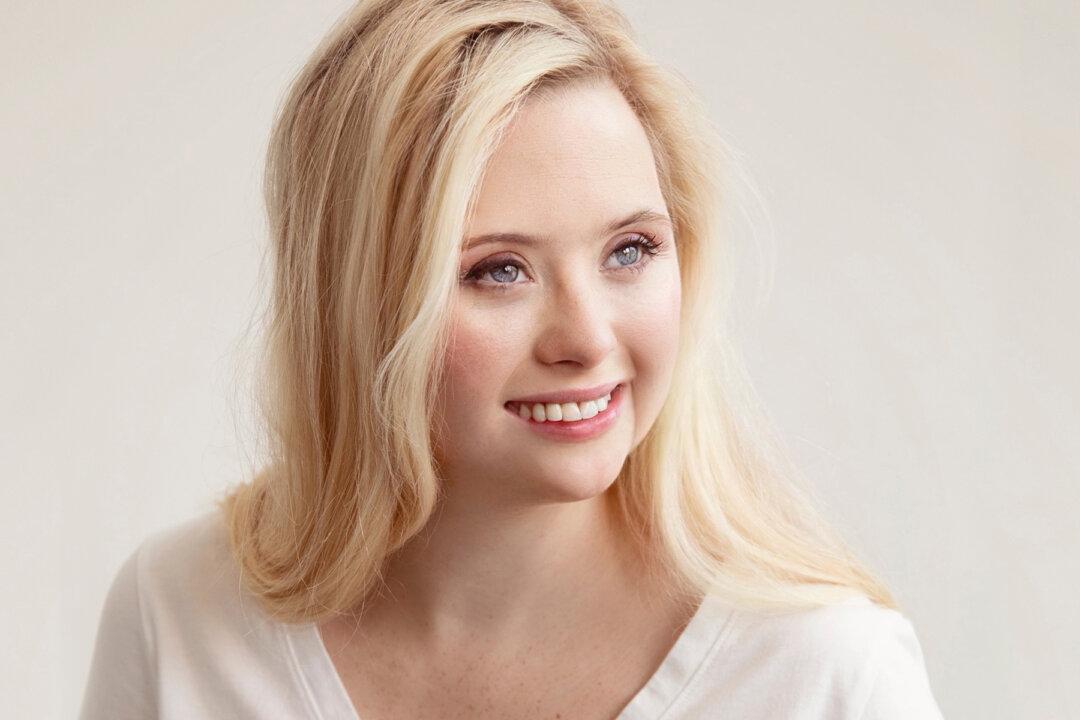A young woman is fast becoming a known face in the fashion world as one of only a handful of models with Down syndrome representing high-profile fashion and beauty brands.
Meet Grace Strobel, 24, a hardworking model cum advocate who is using her platform for advocacy. Her message? “Rethink what’s possible.”





